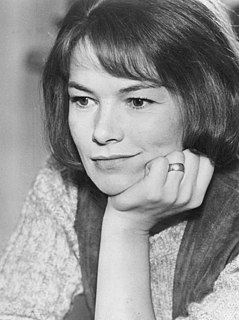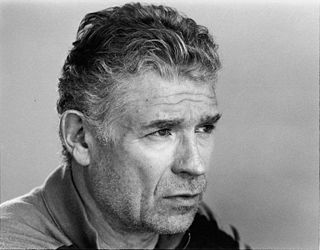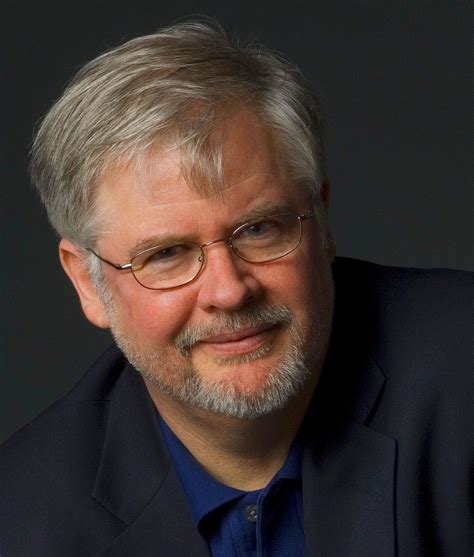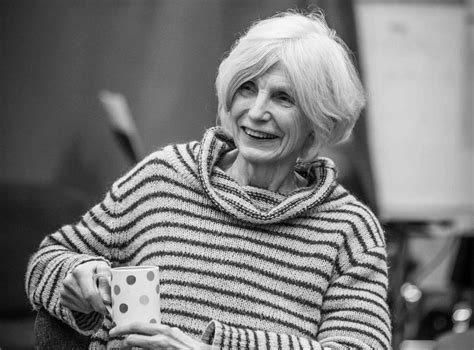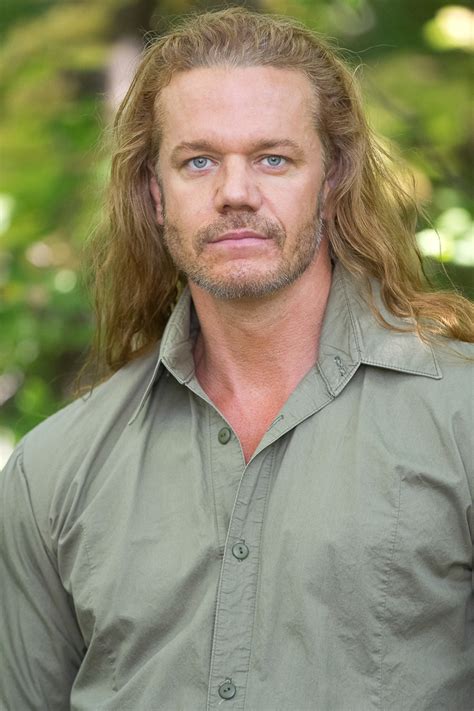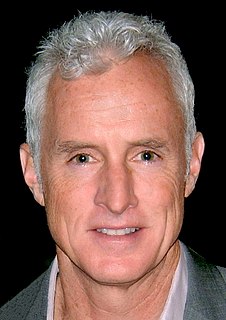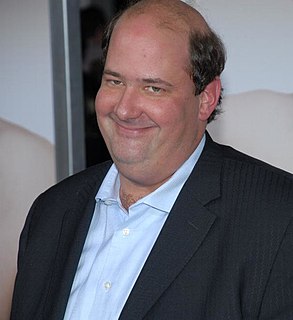A Quote by Glenda Jackson
Our job is to unleash the play. It's not just about your character or interaction with the other characters. There's an energy in all good plays which you have to find. And that is part and parcel of ensuring that an audience gets what it's about.
Related Quotes
For me it's about the character, not as much about the genre of it [movie]. I'm excited that I get to work and play interesting characters and I'm not just the girl who gets to play the girlfriend or the wife. I get to play real women who have struggles and troubles and passions and that's always what I hope to do no matter what format that lies in.
It's hard to say what you learn acting a part. You find bits and pieces of yourself that are inside the character you play. You locate the relatable aspects of that character to your own life. So, in a way, every part you play forces you to discover things about yourself you might not have learned otherwise.
My whole theory about why I couldn’t find any creators who realized they were leaving out female characters is because they were raised on the same ratio. I just heard someone the other day call it either ‘smurfing’ a movie, which is when there’s one female character, or ‘minioning’ a movie, which is when there’s no female characters.
There's nothing personal in it [THE SKRIKER]. I'm not ever inclined with any of the plays to say, This is about that, because plays are about the whole event that they are. . . . I was certainly wanting to write a play about damage - damage to nature and damage to people, both of which there's plenty of about. To that extent, I was writing a play about England now.
Sometimes you'll see interviews about an actor who was asked to hit the weight room to develop his body for the character, and you hear them complaining about the egg white omelettes they had to eat and the tortures of hitting the gym twice a day - I find that to be a bit saddening, it's all a part of becoming the character and as an actor, that is your job.
So in terms of a large part of the job on our show specifically, what makes the show complex and interesting and funnier are the conversations about "Where's the camera?" and "How aware are the characters of the camera? Are the cameras hidden for this shot? Is it a spy shot from far away? Or is it really close and in their face, and they sort of have to play to it in an embarrassing situation?" There's a whole other level of questions and choices that come into play on our show that are not even a factor in anything else.
